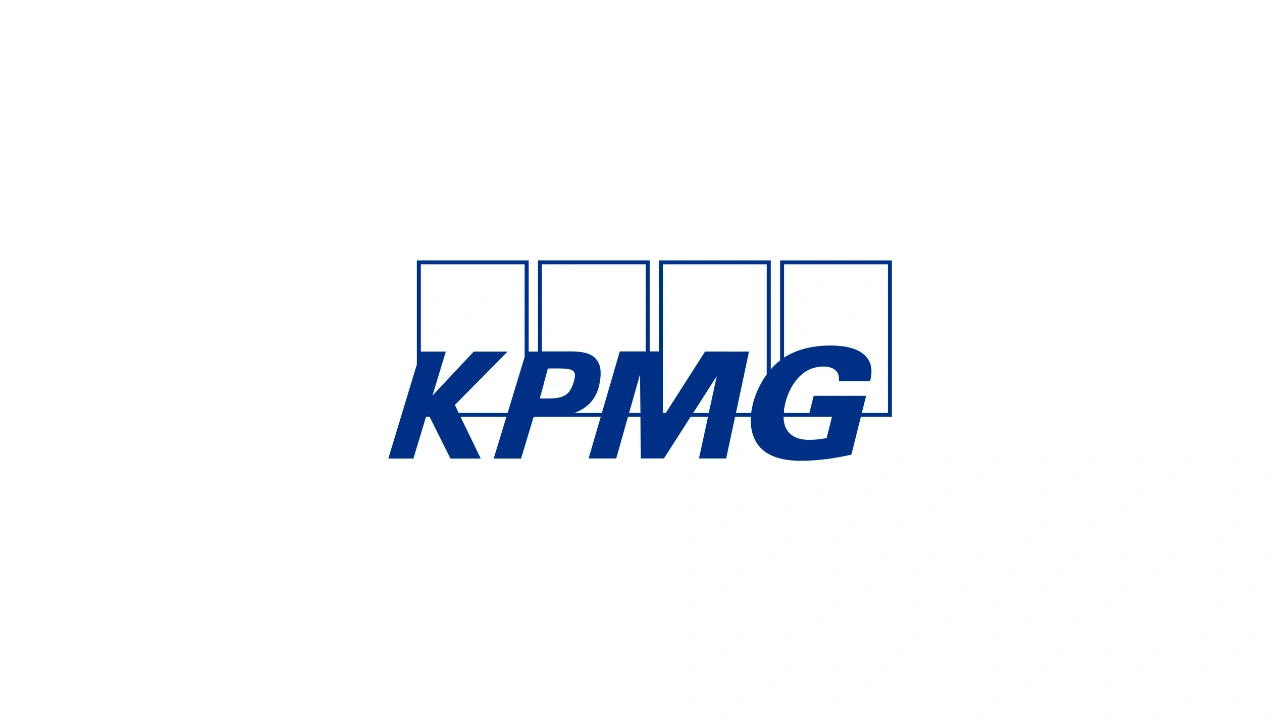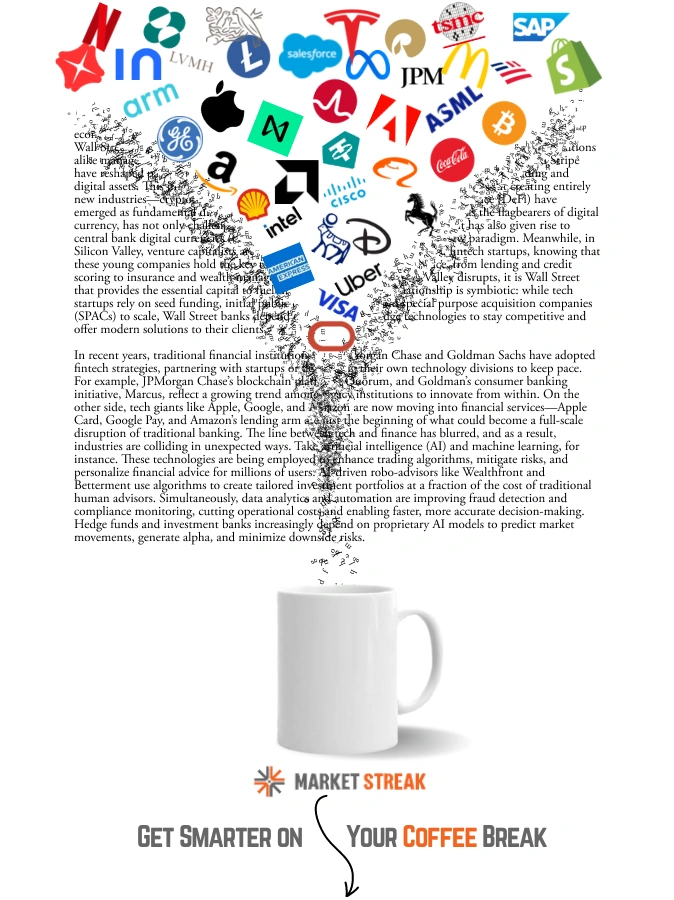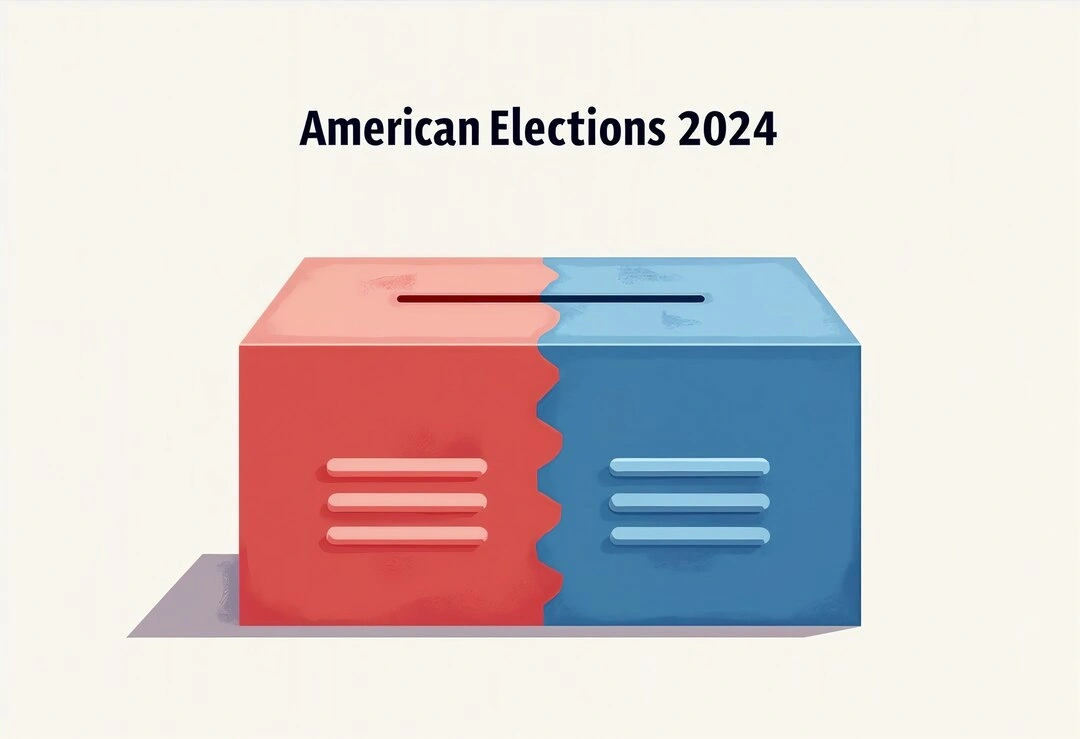accounting
shortage
KPMG
education

accounting
shortage
KPMG
education
The accounting profession is facing a significant shortage of qualified professionals, a crisis that is impacting businesses and raising concerns about the future of the field. One of the primary factors contributing to this shortage, according to many experts, is the 150-hour rule—a requirement that mandates 150 semester hours of college education for aspiring Certified Public Accountants (CPAs) in all U.S. states. This is 30 hours more than the typical 120 hours needed for a bachelor's degree, effectively adding an extra year of study.
This additional educational burden is deterring potential candidates from pursuing accounting careers, claims Sandy Torchia, KPMG's vice chair of talent and culture. Torchia, a first-generation college student and a 28-year veteran of KPMG, believes the 150-hour requirement significantly reduces accessibility to the profession. She explains that if this rule had been in effect when she was choosing her academic path, she would likely have pursued a different career entirely. "It makes it less accessible," she stated.
The impact of the 150-hour rule is clearly visible in the declining number of students graduating with accounting degrees. While several factors likely contribute to this trend, the increased educational demands are frequently cited as a significant hurdle.
Tim Morrison, an associate teaching professor at the University of Notre Dame and a former audit partner at EY, agrees that the 150-hour rule is a significant contributor to the shortage. However, he notes a second factor: compensation. He points out that leading accounting firms, often referred to as the "Big Four," have historically struggled to compete with salaries offered in other lucrative sectors like banking and consulting, potentially discouraging talented individuals from entering the field. "I believe it's both," Morrison explained, "because there probably are people that are scared away."
Recognizing the severity of the problem, KPMG has taken a proactive approach. They've joined other firms in advocating for alternatives to the 150-hour requirement, including the implementation of work-study programs. This approach could allow firms to train new hires more effectively and quickly adapt to the rapidly evolving technological landscape. The integration of new technologies, such as generative AI, is transforming the way accounting firms operate. KPMG, for instance, reports using over four times more advanced technology in its audits now compared to just three years ago. This rapid technological shift emphasizes the need for timely and efficient training of new accountants.
"Getting that experience sooner rather than later is going to give you a great learning experience that you wouldn’t otherwise have," Torchia explained, highlighting the benefits of integrating practical experience alongside education.
Other major accounting firms have expressed varying degrees of support for exploring alternatives to the traditional 150-hour requirement. Deloitte has publicly stated its support for alternative pathways to CPA licensure. PwC and EY have also voiced cautious support for such initiatives.
However, the path to reform is not without its challenges. A significant concern is the potential for a fragmented system where different states adopt different requirements, creating inconsistencies across the nation. Currently, CPAs can relatively easily have their licenses recognized across state lines. A patchwork of varied requirements would significantly complicate this process, posing a challenge for both firms and professionals seeking to work across state borders.
Dan Dustin, president of the National Association of State Boards of Accountancy (NASBA), acknowledged the need for a unified approach. He stated that NASBA is working with the American Institute of Certified Public Accountants (AICPA) to prevent a fragmented system from emerging and is encouraged by the positive reception to a competency-based experience proposal.
Despite the general consensus among many large firms about the need for change, Morrison highlighted the surprising opposition from some state boards. He cited New York's accounting board as an example of a regulatory body that has expressed its reluctance to support alternative licensing pathways. He shared that a member of one state board explained their opposition by stating, "Since we’re a state regulator, we have to look out for the best interest of the public." This statement underscores the complex balancing act between professional needs and public protection that lies at the heart of the debate.
The future of the 150-hour rule, and by extension, the future of the accounting profession, remains uncertain. The coming months will be crucial in determining whether the collective efforts of firms like KPMG and organizations like NASBA and AICPA can successfully persuade state regulatory bodies to embrace more flexible pathways to CPA licensure. The success or failure of these efforts will significantly impact the ability of the accounting profession to attract and retain the talent needed to navigate the increasingly complex and technologically advanced business world.
Additional News Items:
CFO Appointment at Orangekloud Technology Inc.: Toh Puay-Yong has been promoted to Chief Financial Officer (CFO) at Orangekloud Technology Inc., replacing Shally Ang who resigned for personal reasons. Toh brings extensive experience in finance, mergers and acquisitions, strategic management, and HR development to the role.
Corporate Bankruptcy Trends: A recent analysis by S&P Global Market Intelligence reveals that the rate of corporate liquidations in U.S. bankruptcy proceedings is at its lowest point in at least 15 years. In the first nine months of the year, only 35.9% of the 513 corporate bankruptcy filings resulted in liquidation, significantly lower than in previous years. The remaining 64.1% of filings sought reorganization, indicating a shift towards restructuring rather than complete closure of businesses.
AI Adoption in Businesses: A report by Boston Consulting Group (BCG) indicates that only 26% of companies have developed the capabilities necessary to fully utilize AI beyond initial trial phases and generate substantial value. This highlights the ongoing challenges many businesses face in integrating AI into their operations effectively. BCG’s study, based on a survey of 1,000 C-suite leaders and senior executives, revealed that companies effectively leveraging AI have seen significantly higher revenue growth, shareholder returns, and returns on invested capital compared to their counterparts.
Analyst Outlook on Technology Stocks: Wedbush Securities’ tech analysts have expressed a positive outlook on technology stocks, particularly in the wake of the Federal Reserve's rate-cutting cycle. They predict further growth for tech stocks in 2025, driven by ongoing investment in AI technology.
This news report covers various topics related to the accounting profession, business trends, and technological advancements. It aims to provide a comprehensive overview of these issues for a grade 6 reading level while maintaining the style and format of a news article.
SHARE


news
30th October 2024

news
30th October 2024


news
30th October 2024

news
30th October 2024


news
30th October 2024


news
30th October 2024


news
30th October 2024